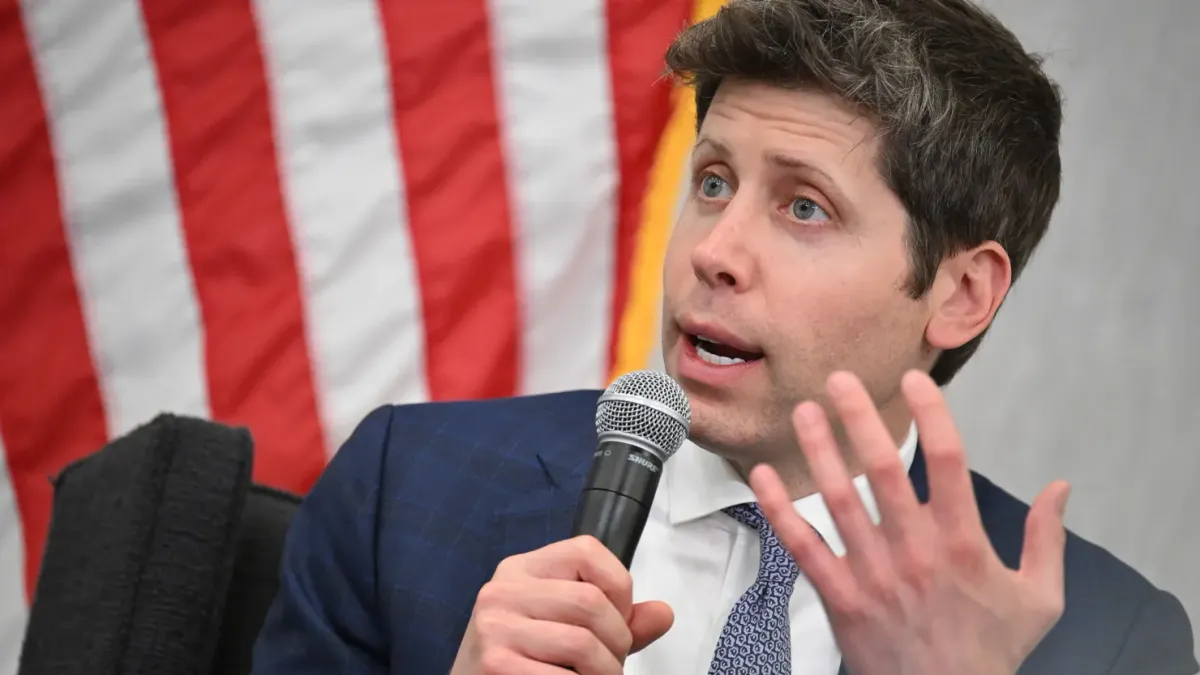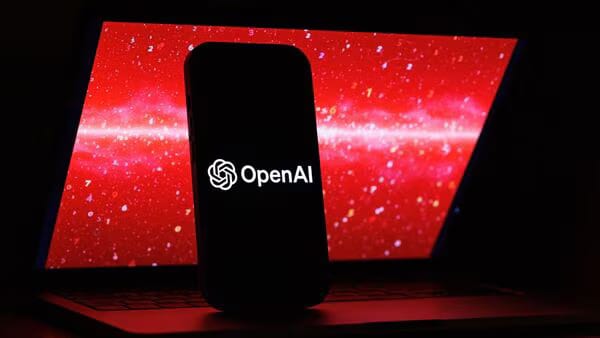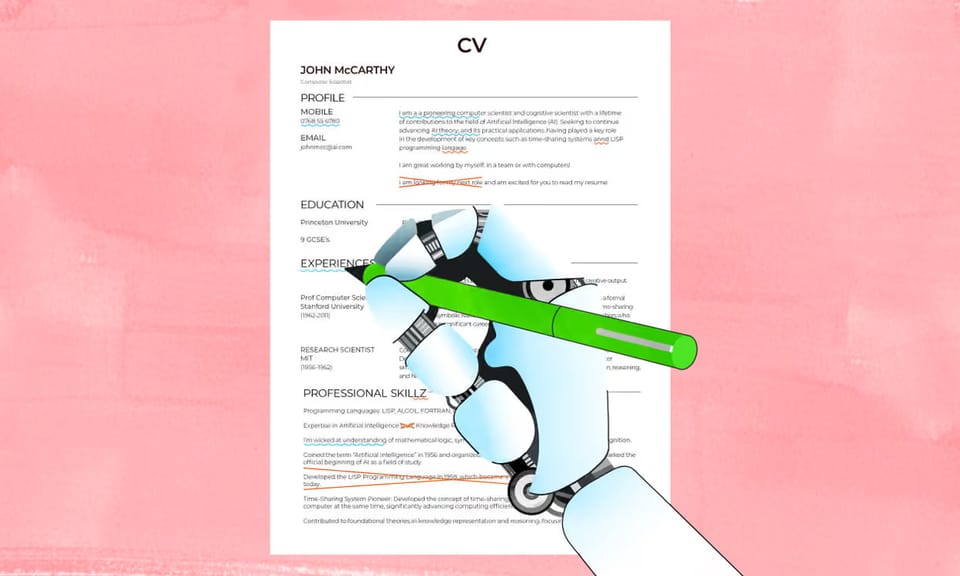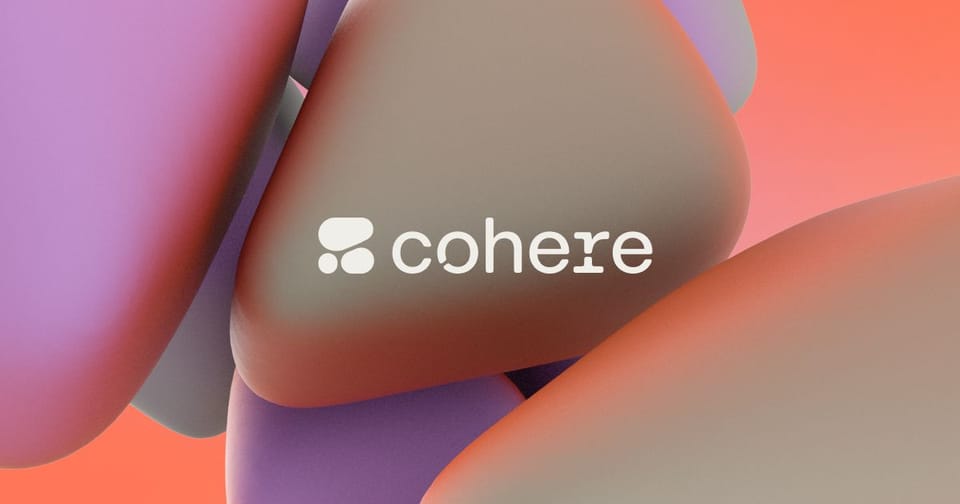ChatGPT for $1. Did the Feds Score?


The U.S. government can use the paid, secure version of ChatGPT for $1 per agency for one year. Think of it like the government found a giant coupon code and used it at checkout. It’s the enterprise version, the one meant for serious work, not “write me a limerick about my cat.” The pitch: speed up boring but important tasks like summarizing 80-page reports, drafting letters, and answering internal questions.
If every agency has the same “smart assistant,” common government chores could move faster. Imagine the passport office answering emails before your coffee gets cold instead of after your vacation. Or a caseworker who doesn’t have to manually read a stack of PDFs taller than a toddler, because the summary shows up like a neat little book report. Not magic, just fewer hours lost to administrative purgatory.
The $1 price is the Costco sample tray. Get it in your hand, prove it’s useful, then talk about the real menu later. It also lets OpenAI show it can handle government-grade privacy and security without spilling anything it shouldn’t. They are up against Claude, Gemini, Copilot, and platforms like AWS Bedrock. Agencies will run bake-offs: same tasks, different models, may the least-annoying one win.
If you’re a CEO or founder, it digests messy notes and spits out a board memo in English, not corporate fog. A VP gets “three options with pros/cons” instead of a 12-tab spreadsheet migraine. Managers can crank out clearer status reports, hiring rubrics, and customer letters without sounding like a robot fresh out of HR school. Individual contributors get first drafts that don’t look like they were written on a bus at 2 a.m., cleaner code comments, and quick “explain this like I’m new” breakdowns. Regular folks won’t touch the contract, but if this actually works, your forms might be shorter, your letters clearer, and your answers faster. Picture the DMV with the energy of a decent coffee.
Ask yourself: “What’s the bill after the $1 menu ends?” Then, “What can the model see, where does it live, and who gets to peek?” Add, “What must a human review before anything goes out?” and “Can we take our prompts, chat history, and custom settings with us if we switch vendors?” Finally, “How do we measure time saved and error rates so this isn’t just shiny tech theater?”
It’s a big pilot at the government scale. If it sticks, everyday paperwork could feel less like a side quest. If it flops, it’s just another free trial we all forget to cancel.
Would faster, clearer government communication help you, or does the privacy angle make your Spidey-sense tingle? Tell us how this could affect your job, your team, or your next run-in with an agency.
- Matt Masinga
*Disclaimer: The content in this newsletter is for informational purposes only. We do not provide medical, legal, investment, or professional advice. While we do our best to ensure accuracy, some details may evolve over time or be based on third-party sources. Always do your own research and consult professionals before making decisions based on what you read here.




